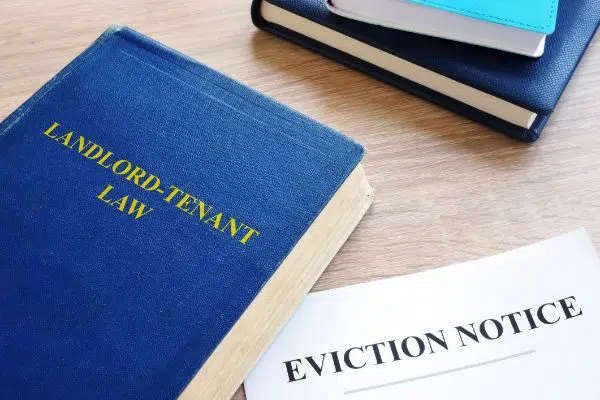The term of a lease is considered a sort of contract under Arizona law. Under normal circumstances, the breach of a contract due to lack of performance by one of the parties will mean that the other party has the right to seek either damages or for fulfillment of the contract to the extent that they were set to benefit from it. This leads to the question: if a landlord evicts a tenant (let’s say it’s for failure to pay back rent), can the landlord sue for the rent they are owed for previous months unpaid, as well as the rent they would have received through the end of the lease, had that lease run its full course?
A lease is a special sort of contract because there is a great deal more statutory law surrounding a landlord-tenant scenario than there is around a normal at-will, free-market contract for, say, the sale of goods. So the answer is not a clear-cut “yes” or “no.”
That said, there is one element that is fairly easy to answer: a landlord may sue the evicted tenant for any rent they failed to pay while under lease and prior to eviction at an eviction proceeding. But, at this point, they may not sue for future rents due.
This is because they must first do everything they can following the eviction to re-rent the property. This is referred to as a “duty to mitigate.” And the law prohibits a landlord from suing for the amount of rent due on the remainder of a lease following the point when a new tenant has been found—because there are, unfortunately, unscrupulous landlords who would (and did, prior to this provision becoming law) make a business practice of evicting tenants soon after they took tenancy for no real cause, only to sue them for rent due during a time when the apartment contained a new tenant, in effect receiving two rental payments on one property. This was too much incentive to greed for justice to bear.
Once a new tenant has been found, the landlord may sue for rent not earned during the term of vacancy on the remaining initial lease period between the eviction and the re-lease of the property.
If you find that someone has filed a false document with a recorder in any county in the state of Arizona, or come under threat of lawsuit by someone incorrectly claiming you have done them harm by doing —an experienced attorney with strong scruples like the real estate attorneys at Provident Law can be a huge help. Our attorneys represent buyers, sellers, landlords, tenants, lenders, borrowers, trustees, guarantors, shareholders, partners, and others. We structure, negotiate and document a variety of real estate and financing transactions, such as leases, purchase and sale agreements, loans and development agreements for a variety of commercial and residential projects. Contact us for more details.
Christopher J. Charles is the founder and Managing Partner of Provident Law ®. He is a State Bar Certified Real Estate Specialist and a former “Broker Hotline Attorney” for the Arizona Association of REALTORS ® (the “AAR”). Mr. Charles holds the AV ® Preeminent Rating by the Martindale-Hubbell Peer Review Ratings system which connotes the highest possible rating in both legal ability and ethical standards. He serves as an Arbitrator and Mediator for the AAR regarding real estate disputes; and he served on the State Bar of Arizona’s Civil Jury Instructions Committee where he helped draft the Agency Instructions and the Residential Landlord/Tenant Eviction Jury Instructions.
Christopher is a licensed Real Estate Instructor and he teaches continuing education classes at the Arizona School of Real Estate and Business. He can be reached at Chris@ProvidentLawyers.com or at 480-388-3343.


